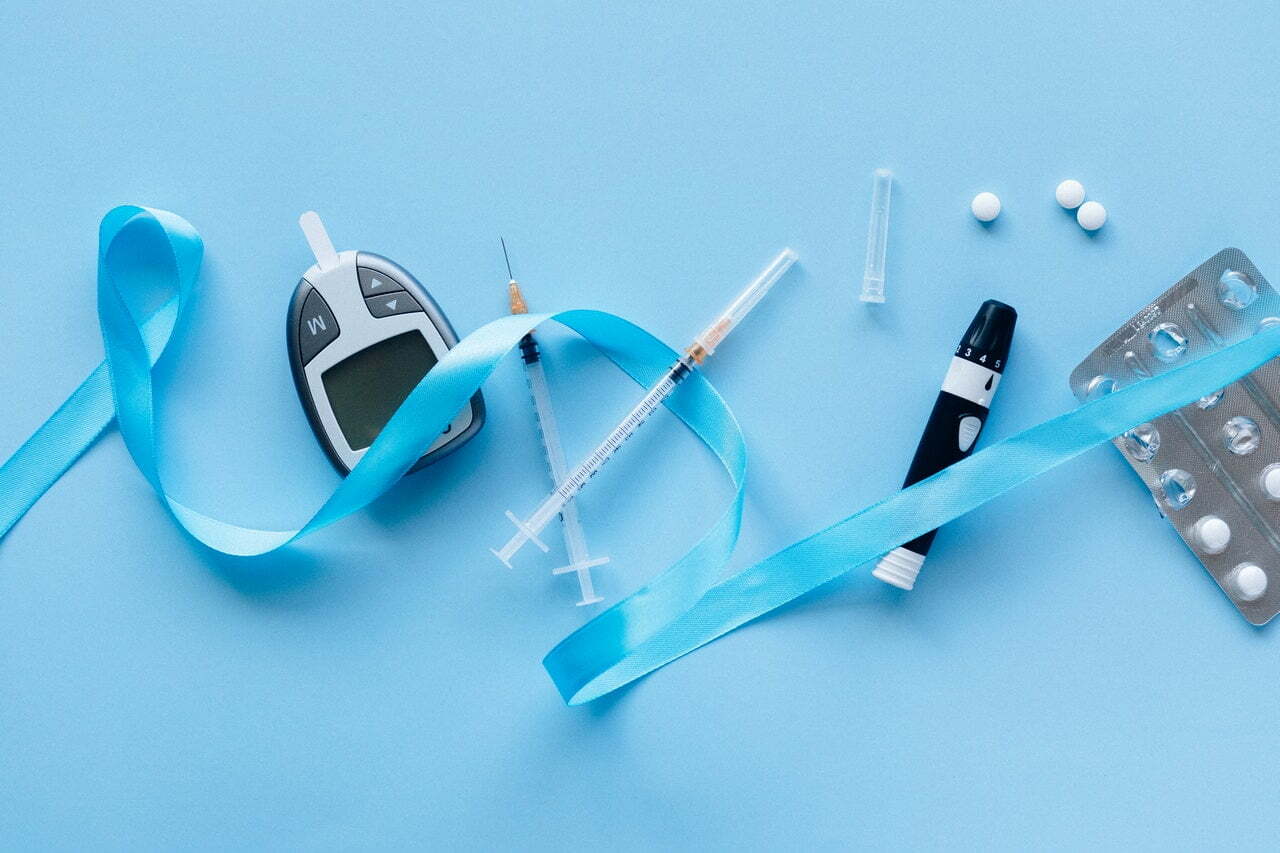Obesity is defined as an increase in total body weight, with more than 20% of the ideal weight of each individual. This increase is measured according to the parameters of each of us, is known as Body Mass Index (BMI).
Obesity can be an undesirable form from an aesthetic point of view, but it is also an extremely serious medical problem.

In general, obese patients have a shorter life expectancy, suffering earlier, more often, and more severely from a higher number of conditions, compared to people in the same age group, who are normal-weight. Obesity is associated with premature deterioration of cardiovascular blood pressure or diabetes.
The treatment of obesity has 2 main objectives: removing the factors that cause uncontrollable weight gain – which is extremely difficult if these causes are emotional and psychological – and respectively, giving up excess weight – by reducing food intake.

Bariatric surgery is performed when diet and exercise have not worked, or when high weight can lead to serious health problems. Some procedures limit the amount of food that can be eaten, while other procedures have the mechanism of action to reduce the body’s ability to absorb nutrients. Bariatric surgery is one of the most widely used methods in the surgical world.


Stomach Botox is an injection that is badly applied by a doctor with bariatric skills. The target patients are those without a large excess weight, not being considered obese.
It is a method that aims for the patient to lose about 10% of total body weight, in combination with exercise and a light diet. This procedure is not considered an alternative method to bariatric surgery.

Placement of the gastric balloon is a method of weight loss that has the mechanism of placing a balloon filled with saline in the patient’s stomach.
This method helps to lose weight, by limiting the amount of food and by the speed with which the feeling of satiety is installed.

This method causes laparoscopic removal of up to 80% of the stomach, leaving up to 20% of the stomach in the shape of a banana. This method provides a small amount of food and the feeling of hunger disappears once the stomach is eliminated.
This operation is performed laparoscopically and is the closest method to normal human physiology, with the lowest complication rate – below the rate of 1% of complications due to the common operation of appendicitis.

This method guarantees a low food intake and reduced intestinal absorption. Contrary to popular diets, if the intake of food and fluids is not disciplined, as in all methods, it is not possible to return to weight gain. This method is irreversible in terms of weight gain. Postoperatively, this method promotes the improvement of health on all levels, along with weight loss.
Being a larger operation from a surgical point of view, the complication rate is higher than with other methods, but, with adequate medical care, in certified medical units, recovery can be easy.

Disorders and fluctuations in hormone levels associated with high appetite – or tissue resistance to insulin – increase the risk of developing diabetes: the body’s inability to produce or respond to the pancreatic hormone insulin. Type 2 diabetes is treatable and is characterized by resistance to insulin tests produced by the pancreas.
Metabolic surgery improves type 2 diabetes in 90% of cases. The beneficial effects are significant reduction or normalization of blood sugar levels, reduction of necessary therapeutic doses, or even elimination of antidiabetic treatment, but also relief of comorbidities and prevention of complications associated with diabetes.
Whether we are talking about patients who want to lose weight or patients who want to stop being diabetic patients, at Axis Med we take into account the importance of healthy weight loss, reaching a normal weight, and last but not least, maintaining normal weight in the long run.
We also aim to improve health on all levels, by improving to cure type 2 diabetes, sleep apnea, heart problems, and venous insufficiency.
Everything to improve the patient’s quality of life!